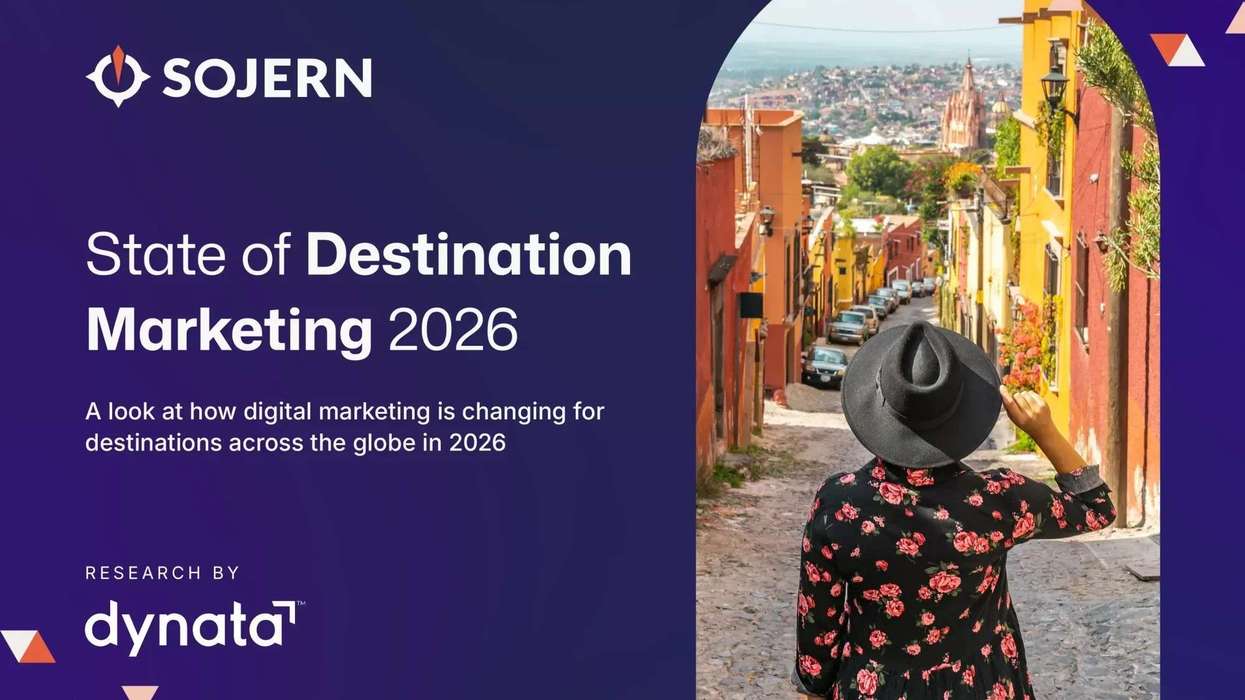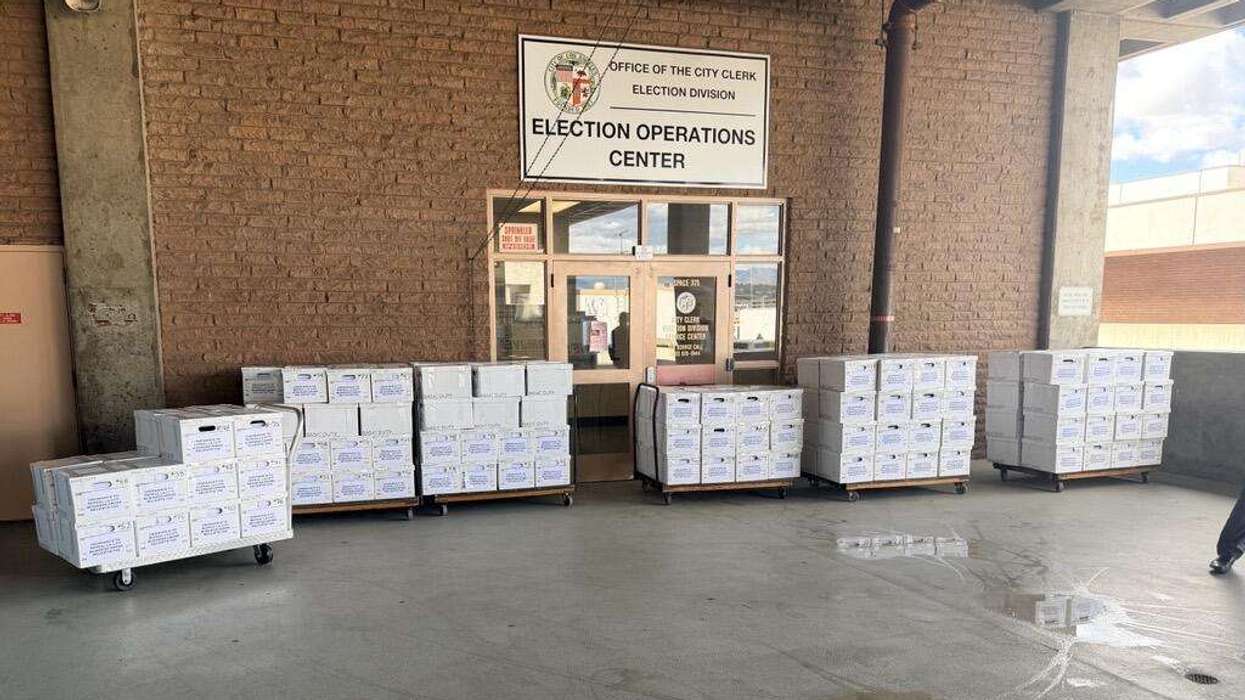THE U.S. HOTEL construction pipeline declined 14 percent year-over-year at the close of second quarter in 2021, according to Lodging Econometrics. New York City led the pipeline, followed by Los Angeles.
In the second quarter this year, the construction pipeline stood at 4,787 projects with 598,111 rooms when compared to 5,582 projects with 687,801 rooms in 2020. In the first six months of 2021, the U.S. opened 472 new hotels with 59,034 rooms. The decline in the pipeline was largely a result of delays in projects in the under-construction phase of the pipeline as a result of COVID-19 which have now exited the pipeline and opened.
“There was a total of 372 new projects accounting for 45,084 rooms in the pipeline in the first half of 2021. Of those totals, 202 new project announcements with 25,653 rooms occurred in the second quarter. The arrival of summer, a rebounding demand for domestic business and leisure travel, combined with the recent pledge from the U.S. Department of Commerce to invest $750 million in the travel and tourism industries, has investors and developers feeling increasingly optimistic,” the LE report said. “This confidence has resulted in a 20 percent increase in new project announcements in the second quarter 2021 when compared to the second quarter of 2020 when 169 projects/20,359 rooms were recorded.”
Hotel construction pipeline took a slight dip in the first quarter of this year, according to an earlier LE report.
In H1 2021, experts at LE recorded 1,152 active renovation projects with 238,110 rooms and 1,181 active conversion projects with 128,810 rooms throughout the U.S.
Projects currently under construction stand at 1,165 projects with 159,581 rooms. Projects scheduled to start construction in the next 12 months total 1,843 projects with 213,744 rooms, the LE report added.
“Projects in the early planning stage saw a 25 percent increase in projects and a 28 percent increase in rooms year-over-year, standing at 1,779 projects with 224,786 rooms,” the report said. “The increase in projects in the early planning stage reflects a combination of developer’s confidence to initiate new construction projects and the recalibration of some of their timelines for existing projects.”
New York on top
In terms of overall pipeline size, New York City led with 146 projects with 25,232 rooms, followed by Los Angeles with 135 projects with 22,586 rooms; Dallas with 132 projects with 16,183 rooms; Atlanta with 129 projects with 17,845 rooms; and Nashville with 91 projects with 12,703 rooms.
New York had 111 projects currently under construction with 19,582 rooms. It was followed by Atlanta with 39 projects with 5,795 rooms, Los Angeles with 34 projects with 5,771 rooms, Dallas with 30 projects with 4,173 rooms and Austin with 29 projects with 3,768 rooms.
“These five markets collectively account for nearly 25 percent of the total number of rooms currently under construction in the U.S.,” the report said.
The report also found many hotel owners used down time caused by the pandemic to upgrade and renovate their properties. In the second quarter, there were 1,135 combined renovation and conversion projects with 176,445. The markets with the largest combined number of renovations and conversions are New York with 25 projects with 7,957 rooms; Houston with 24 projects with 3,549 rooms; Los Angeles with 24 projects with 3,423 rooms; Chicago with 20 projects with 2,803 rooms; and Miami with 19 projects with 2,305 rooms.
“Despite previous, and in some cases, ongoing delays in the pipeline, and with the recent changes to travel restrictions and the summer travel season upon us, many developers are feeling more optimistic about the future of the lodging industry as new hotel announcements continue,” LE said. “In the second quarter of 2021, Memphis recorded the highest count of new projects announced into the pipeline with 8 projects and 927 rooms. Austin followed with 7 projects and 1,084 rooms, then Atlanta with 6 projects and 658 rooms, Washington D.C. with 5 projects and 1,554 rooms, and Miami with 5 projects and 499 rooms.”
Forecast calls for more growth
According to LE forecast, another 450 projects/51,754 rooms will open this year for a total of 922 projects with 110,788 rooms by year-end. This will represent a 2 percent increase in new supply for 2021.
The global hotel intelligence provider has said that 1,008 projects with 113,871 rooms are expected to open in 2022, representing a 2 percent increase in new supply. An estimated 997 projects with 115,271 rooms will open in 2023, a 2 percent increase from 2022, the report added.
LE predicts that with increase in demand new hotel project announcements will soon follow.
“Following a nearly 16-month hiatus related to COVID-19 shutdowns, the first half of 2021 saw a substantial uptick in hotel bookings and travel reservation numbers. As vaccination rates rise and travel restrictions ease, consumer confidence continues to increase, and booking numbers move toward pre-pandemic levels,” the report said. “As COVID-19 safety guidelines and restrictions evolve across the country and in anticipation of international travel bans being lifted, more hotels are reestablishing renovation plans, and/or are repositioning their properties with a brand conversion.”





